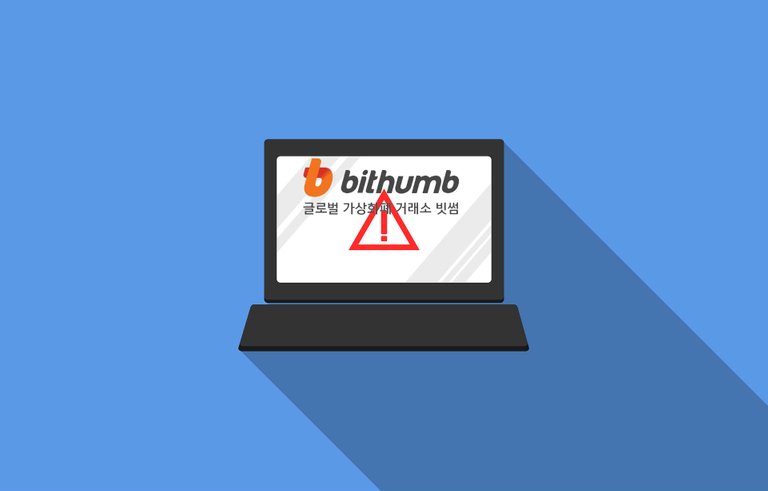
This June 19th one of the crypto exchange with the highest trading volume per day was hacked: BitHumb.
Approximately $30 million was hacked from this platform so now all withdrawals and deposits on the platform are disabled.
"Prior to the hack, Bithumb had moved a large amount of Ethereum to cold wallet storage after noticing abnormal access on its servers, also announcing an abrupt server check June 16 "in order to maximize security settings." Cointelegraph

The good news is that BitHumb announced that it would compensate users who were affected by this attack for their losses.
Meanwhile, the South Korean minister of science and technology has begun investigations into the case, according to the Yonhap News.
Experts believe that the possible causes of the attack include a lack of network isolation, absence of suspicious activity monitoring on their systems, inappropriate use of cryptographic keys and poor management of their password systems.
With this robbery, Bithumb becomes the second South Korean digital exchange to fall victim to a cyber-attack in less than two weeks. On June 10, another crypto-exchange plattform in that country, Coinrail, also suffered a hacking operation where 30% of its funds were stolen, a fact that is currently under investigation by the Korean Internet and Security Agency (KISA).
It is a sad fact but it reminds us that the best use we can make of crypto exchanges is to buy and sell our cryptocurrencies in short periods of time, but not for keeping them in the long term there, as we do not own our private keys. To keep our savings safe it is best to keep our tokens in cold wallets.
References
1.- World’s Sixth Largest Crypto Exchange by Trade Volume Bithumb Hacked
2.- Korean Ministry Launches Probe Into Causes of Bithumb Crypto Exchange Hack
Bithumb actually deleted one of its tweets. Hoping that theses hacks stop and more of these exchanges turn to Binance for leadership.
Yes, I noticed that too @banglasteve Let's keep an eye on their movements. KuCoin also is a very good exchange with high security protocols.